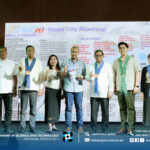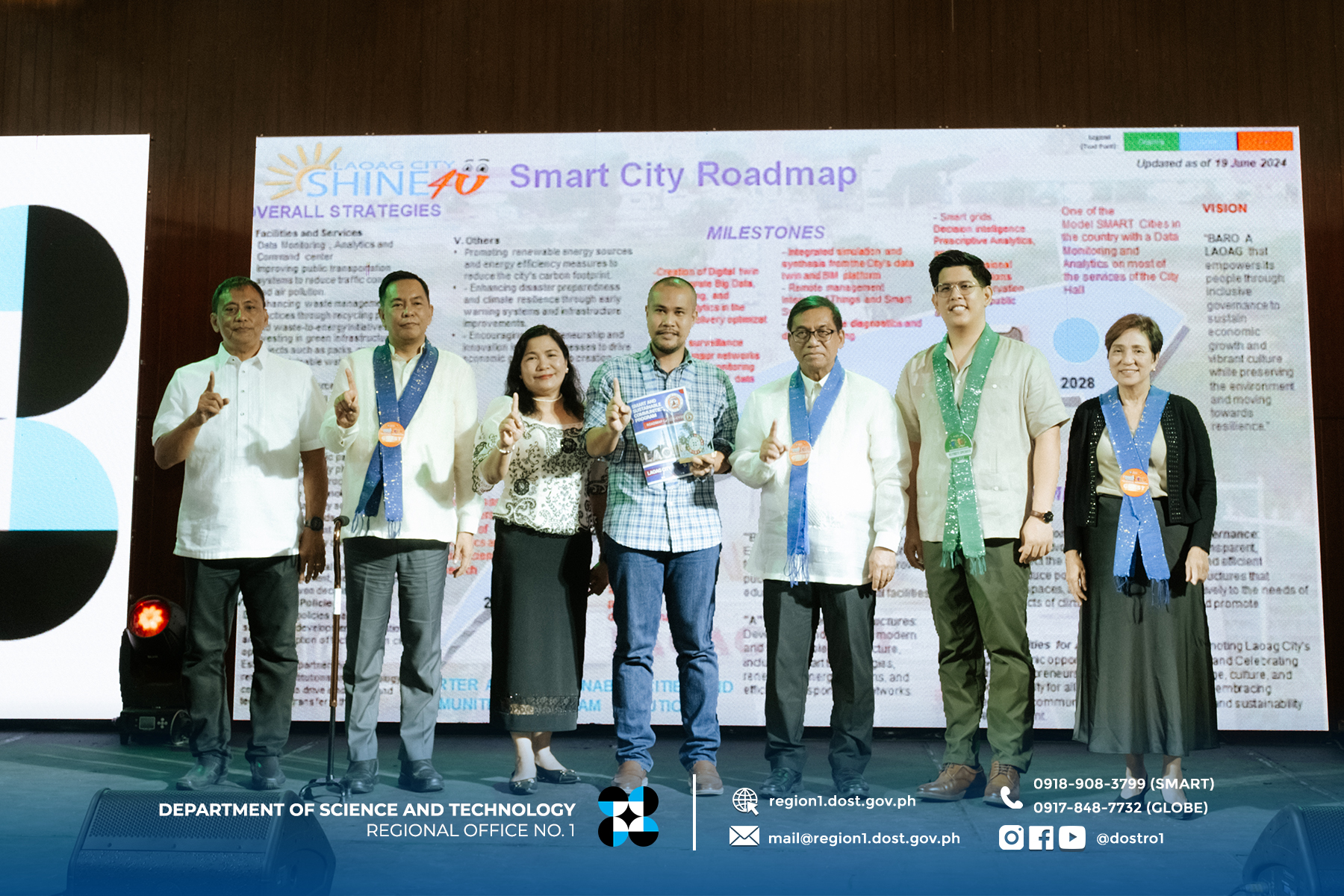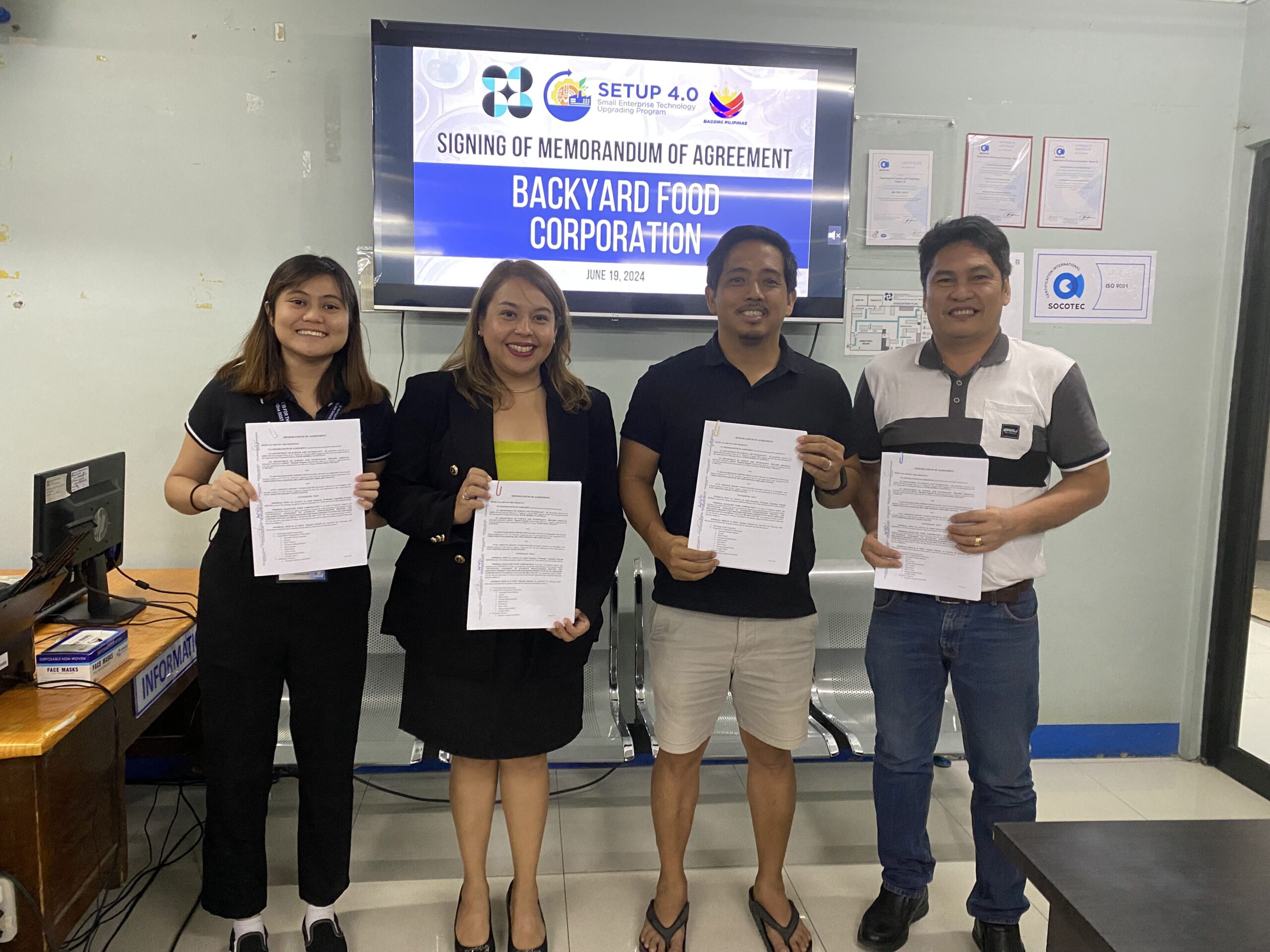The Technological Institute of the Philippines (TIP) is currently working on a venture that seeks to develop a battery energy storage system (BESS) as one of the deliverables of its Advanced Batteries Center.
“The BESS project forms part of the deliverables of the Center. Once we have confirmed the accuracy, reliability and efficiency of the batteries, we will proceed to developing an extensive storage system with our partners,” according to TIP Industry Relations Officer Therese Alejandrino.
The Advanced Batteries Center is a niche research and development (R&D) center funded by the Department of Science and Technology (DOST) with over PHP140 million.
“One of the objectives of this center is to research on new technologies to prepare the country for energy transition. Batteries are among the alternatives to fossil fuels as energy sources,” DOST Undersecretary Leah Buendia recently told media.
She said DOST has funded the R&D center because of the country’s competitive advantage in using raw materials to manufacture batteries for electric vehicles, as well as in mass producing renewable energy. She noted that all BESS operating in the country require imported batteries.
“Typically, these are lithium batteries which have issues with recyclability. TIP now focuses on enhancing another locally available type of battery. This effort may allow BESS to be locally manufactured and serviceable in the near future,” Buendia said.
Based on the TIP’s website, research for the BESS project has already begun with a recent pilot study in an undisclosed location. “Further studies are expected to accelerate soon after confirmatory tests reveal more insights into sustainable energy storage with readily accessible materials and technology,” it added.
TIP’s BESS “is a type of energy reserve facility that optimizes batteries to stockpile excess electricity during periods of oversupply from power generating plants or devices, so it can still be used by consumers later on,” A DOST news release read.
Alejandrino clarified that the BESS project has not applied for a DOST funding yet. Meanwhile, Buendia said the TIP’s Advanced Lead Acid Batteries with Embedded Ultrasonics (ALAB-EU) Project is currently developing ways that could add to the capability to locally produce batteries for the BESS.
“Local batteries are not suitable for the BESS because they run out quickly and are expensive to replace. TIP is now experimenting on a device that could prolong the battery life,” Buendia said. (With PNA)












